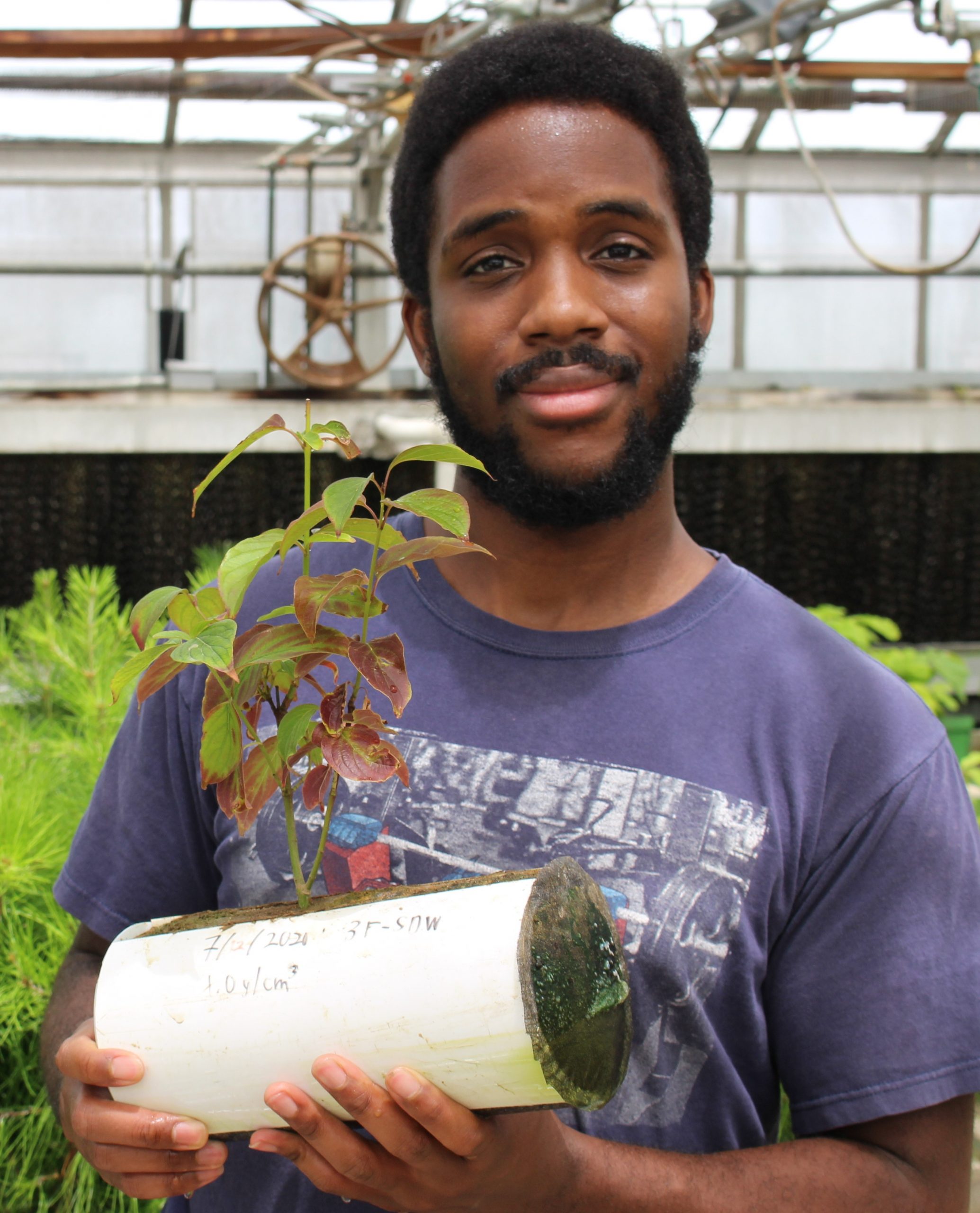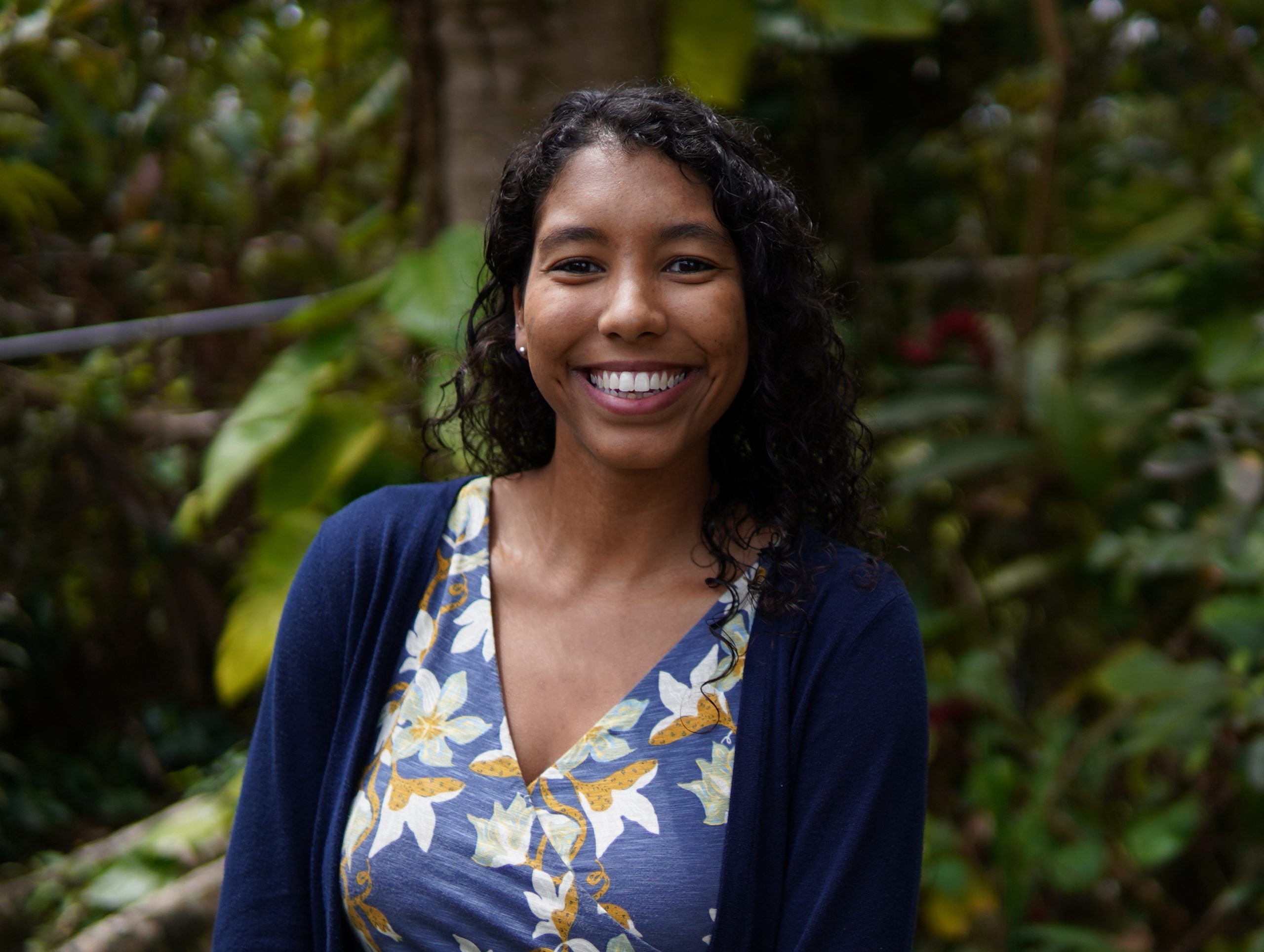Center-Supported Oral History Project Seeks to Preserve a Slice of History
September 25, 2021

The Center for Communicating Science is funding and supporting an oral history project this year.
Oral history narratives are created through interviews with subjects, or narrators, with “the conscious intention of creating a permanent record to contribute to an understanding of the past.”
What permanent record do we want to create? At this critical point in American history, we are working to preserve stories of Black excellence in STEM fields (science, technology, engineering, and mathematics) through interviews with 24 Black scientists currently engaged in research.
Graduate students Anza Mitchell, Kregg Quarles, Daniel Smith, Amber Wendler, Mika Pagani, and Korin Jones spent time this summer recruiting participants, conducting interviews, creating and reviewing transcripts, and seeking approval from narrators for the final transcripts and video recorded interviews to be archived on the Virginia Tech University Libraries’ oral history website, which are available to the public.

Project manager Emily Griffith, a Virginia Tech history department master’s degree graduate whose thesis incorporated oral histories, serves as a resource to the graduate student interviewers. History faculty member Jessica Taylor, an oral history specialist, and University Libraries project manager Ren Harman and project archivist Jeff Flanagan all provided advice and guidance before the project got underway. They also lent their expertise to the project in a series of workshops for the graduate student interviewers before participant recruitment began. Center director Patty Raun and associate director Carrie Kroehler also provided a workshop focused on listening skills, generating questions, and interview practice. The graduate student interviewers have provided feedback and support to one another throughout the project.

Oral history interviews typically include a standard set of questions that serve to record specific details about times, places, and people relevant to the interview. The graduate student interviewers worked together to create additional questions that they wanted to ask their narrators. Each interviewer generated a list of potential narrators, people who had played a role in their own lives either directly or indirectly. Some of the questions interviewers focused on included the joys and frustrations associated with the narrators’ research, the paths they followed to get to their current roles, and the advice they’d give to the interviewers as younger researchers.
“I’m grateful for the opportunity to have listened to the unique stories that shaped and molded individuals into the scientists they are today,” said interviewer Daniel Smith. “I hope this work will not only lead to further discussion about race in academia, but also spur organizations to take action and actively work to combat injustices both internally and externally.”
The oral history project grew from our “Celebrating Black Scientists” Science on Tap event on July 30, 2020, a panel discussion. The narrators interviewed include researchers in a wide variety of fields and at different stages of their careers. Most of the 24 interviews have been completed, and work this fall will include beginning to shape narratives from the raw transcripts. You’ll read more about this project in the future!


